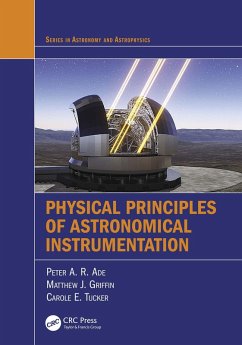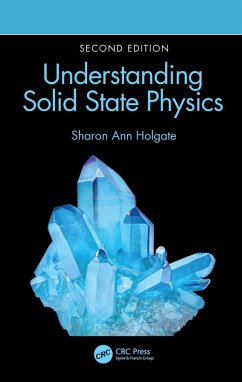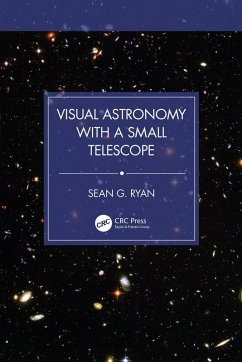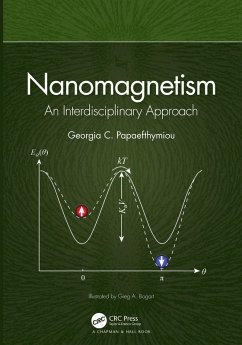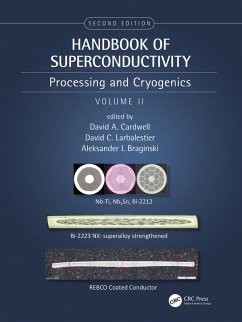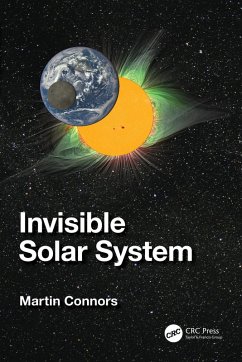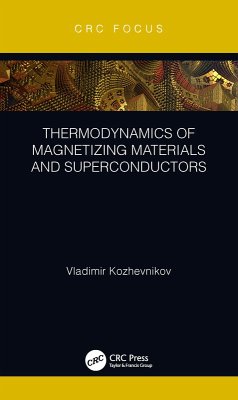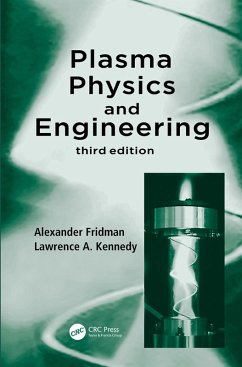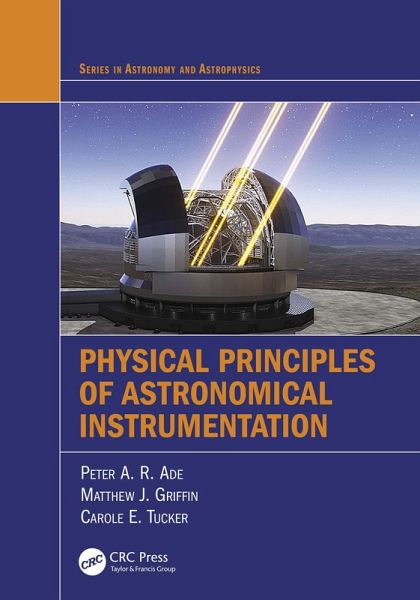
Physical Principles of Astronomical Instrumentation (eBook, ePUB)
Versandkostenfrei!
Sofort per Download lieferbar
46,95 €
inkl. MwSt.
Weitere Ausgaben:

PAYBACK Punkte
23 °P sammeln!
Offering practical advice on a range of wavelengths, this highly accessible and self-contained book presents a broad overview of astronomical instrumentation, techniques, and tools.Drawing on the notes and lessons of the authors' established graduate course, the text reviews basic concepts in astrophysics, spectroscopy, and signal analysis. It includes illustrative problems and case studies and aims to provide readers with a toolbox for observational capabilities across the electromagnetic spectrum and the knowledge to understand which tools are best suited to different observations. It is an ...
Offering practical advice on a range of wavelengths, this highly accessible and self-contained book presents a broad overview of astronomical instrumentation, techniques, and tools.
Drawing on the notes and lessons of the authors' established graduate course, the text reviews basic concepts in astrophysics, spectroscopy, and signal analysis. It includes illustrative problems and case studies and aims to provide readers with a toolbox for observational capabilities across the electromagnetic spectrum and the knowledge to understand which tools are best suited to different observations. It is an ideal guide for undergraduates and graduates studying astronomy.
Features:
Solutions Manual available upon qualifying course adoption.
Drawing on the notes and lessons of the authors' established graduate course, the text reviews basic concepts in astrophysics, spectroscopy, and signal analysis. It includes illustrative problems and case studies and aims to provide readers with a toolbox for observational capabilities across the electromagnetic spectrum and the knowledge to understand which tools are best suited to different observations. It is an ideal guide for undergraduates and graduates studying astronomy.
Features:
- Presents a self-contained account of a highly complex subject.
- Offers practical advice and instruction on a wide range of wavelengths and tools.
- Includes case studies and problems for further learning opportunities.
Solutions Manual available upon qualifying course adoption.
Dieser Download kann aus rechtlichen Gründen nur mit Rechnungsadresse in A, B, BG, CY, CZ, D, DK, EW, E, FIN, F, GR, HR, H, IRL, I, LT, L, LR, M, NL, PL, P, R, S, SLO, SK ausgeliefert werden.




